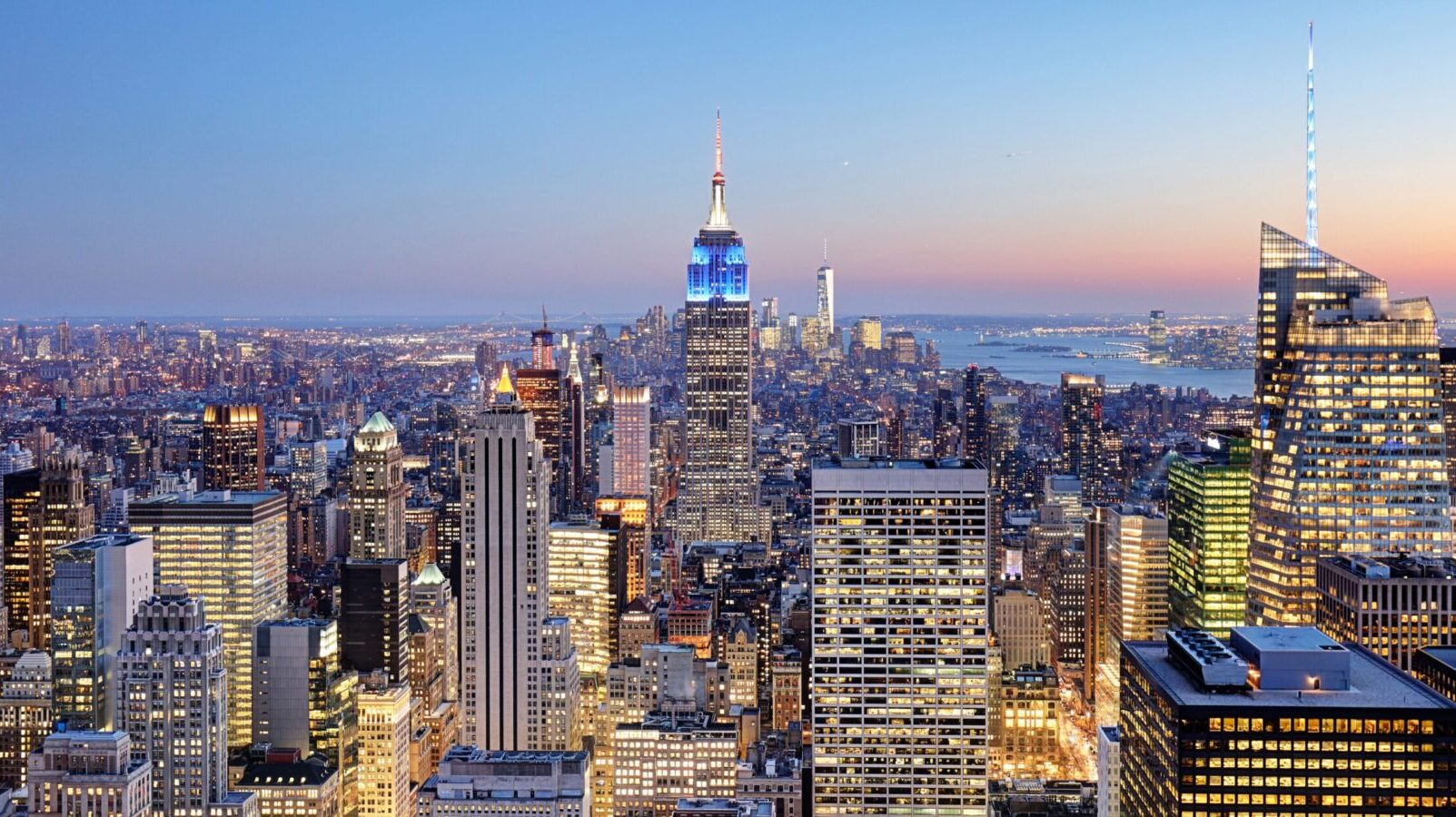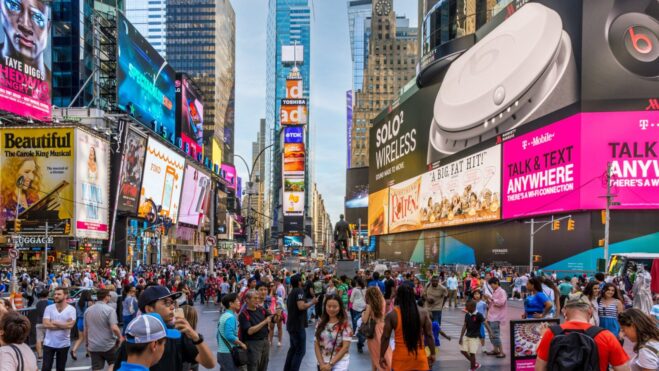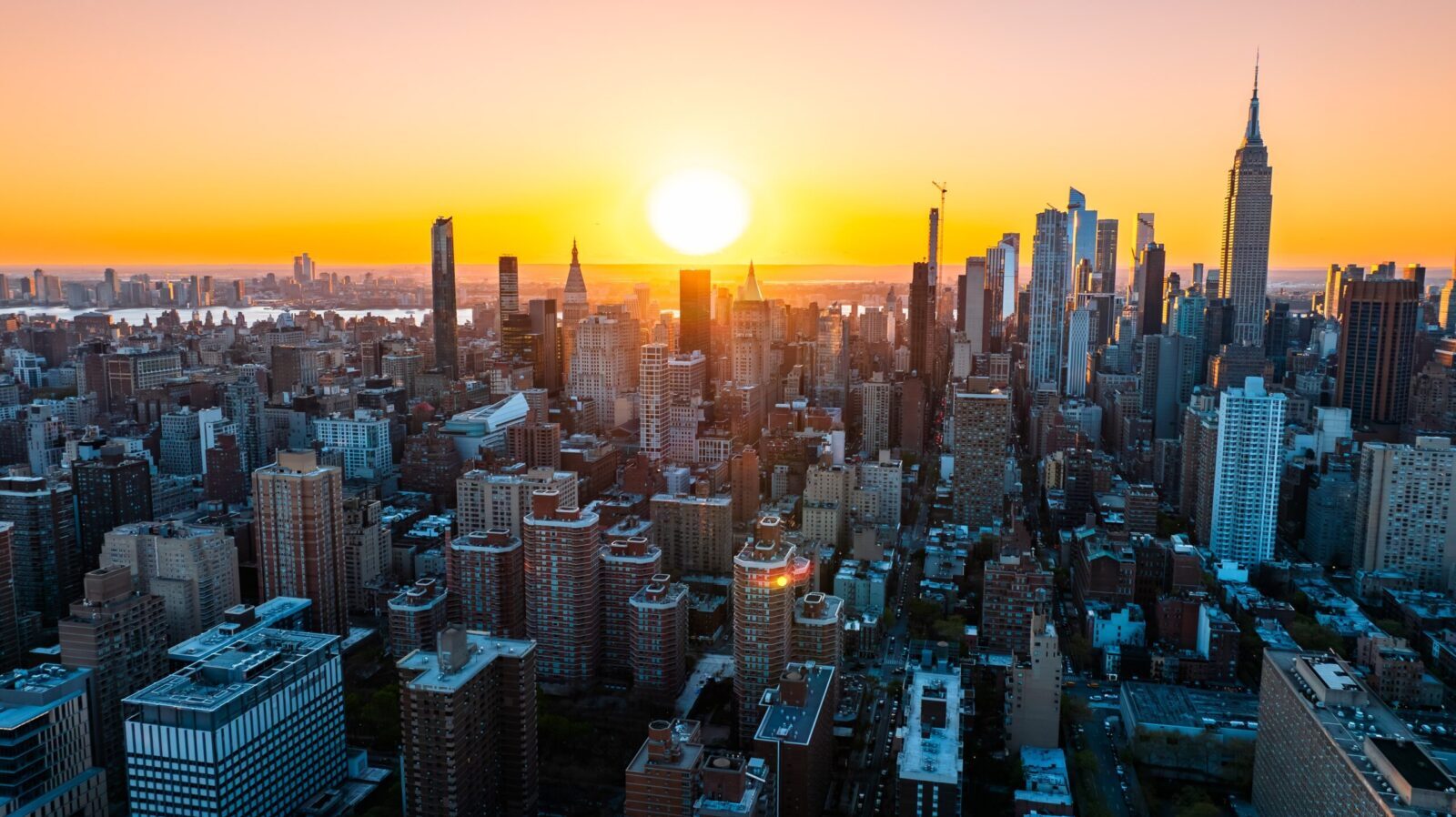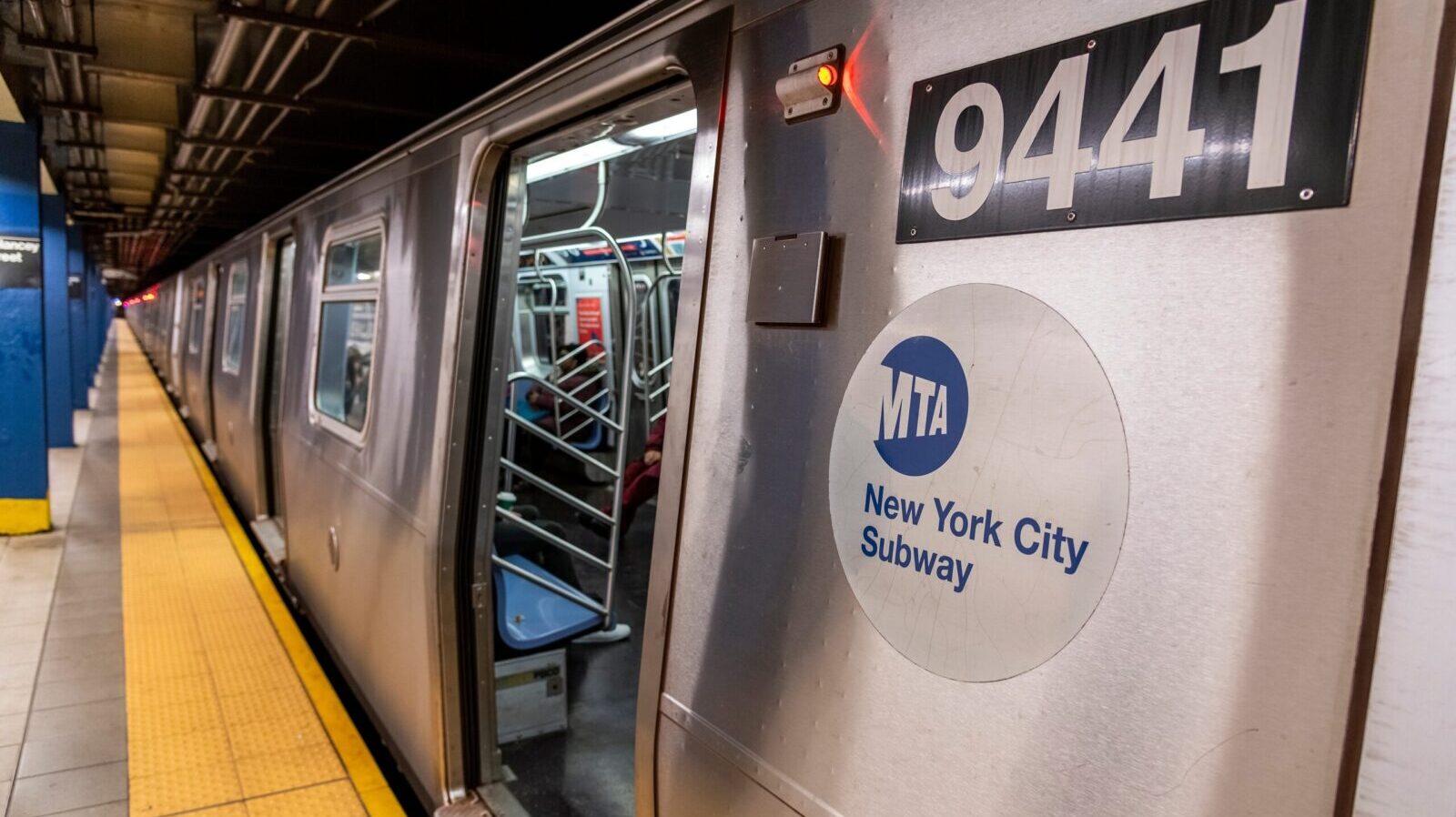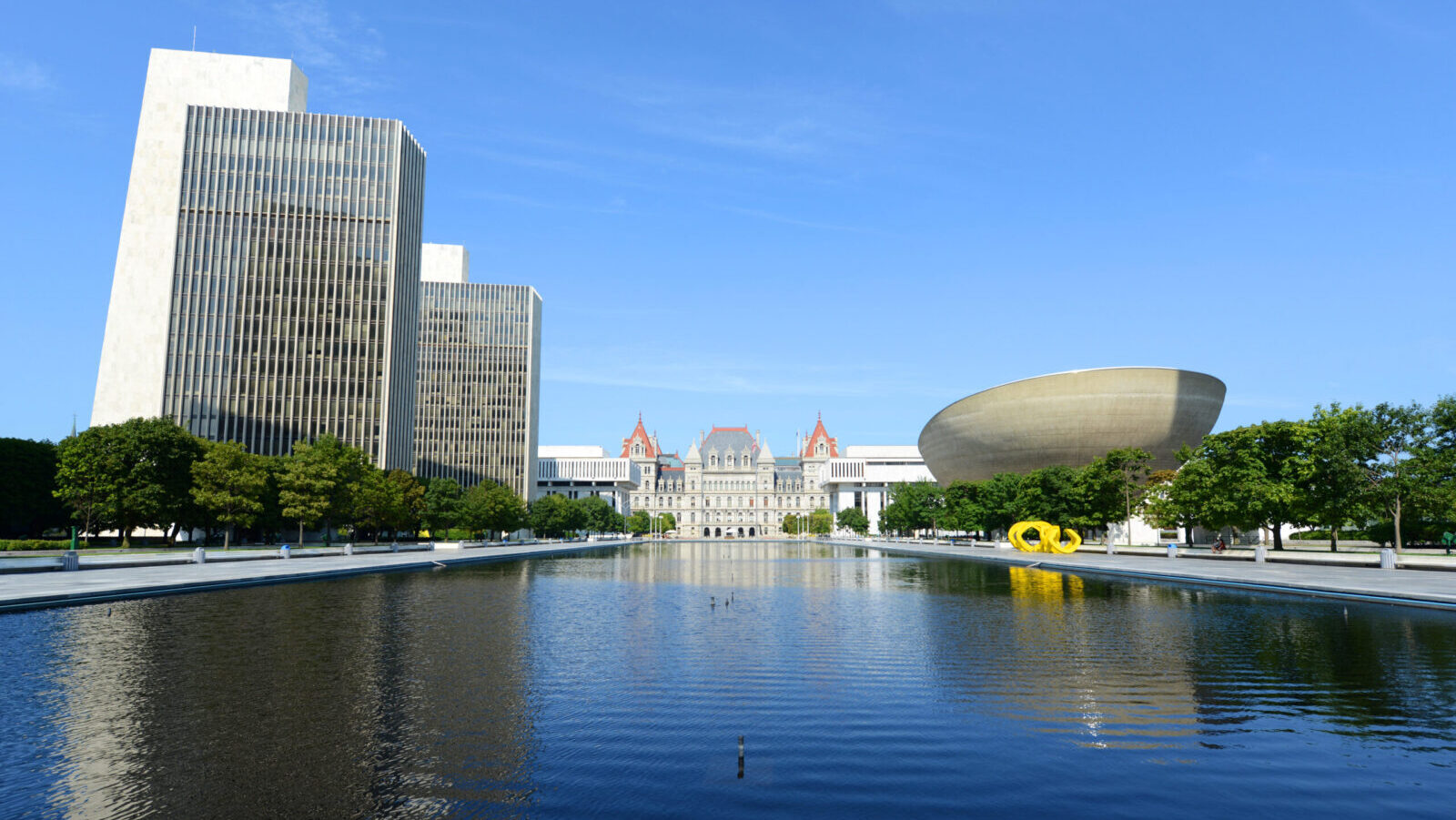New York City Casino Licensing Wars — How Long Will The Battle Last?
One local official has termed the saga to this point ‘an embarrassing picture of ineptness’
8 min
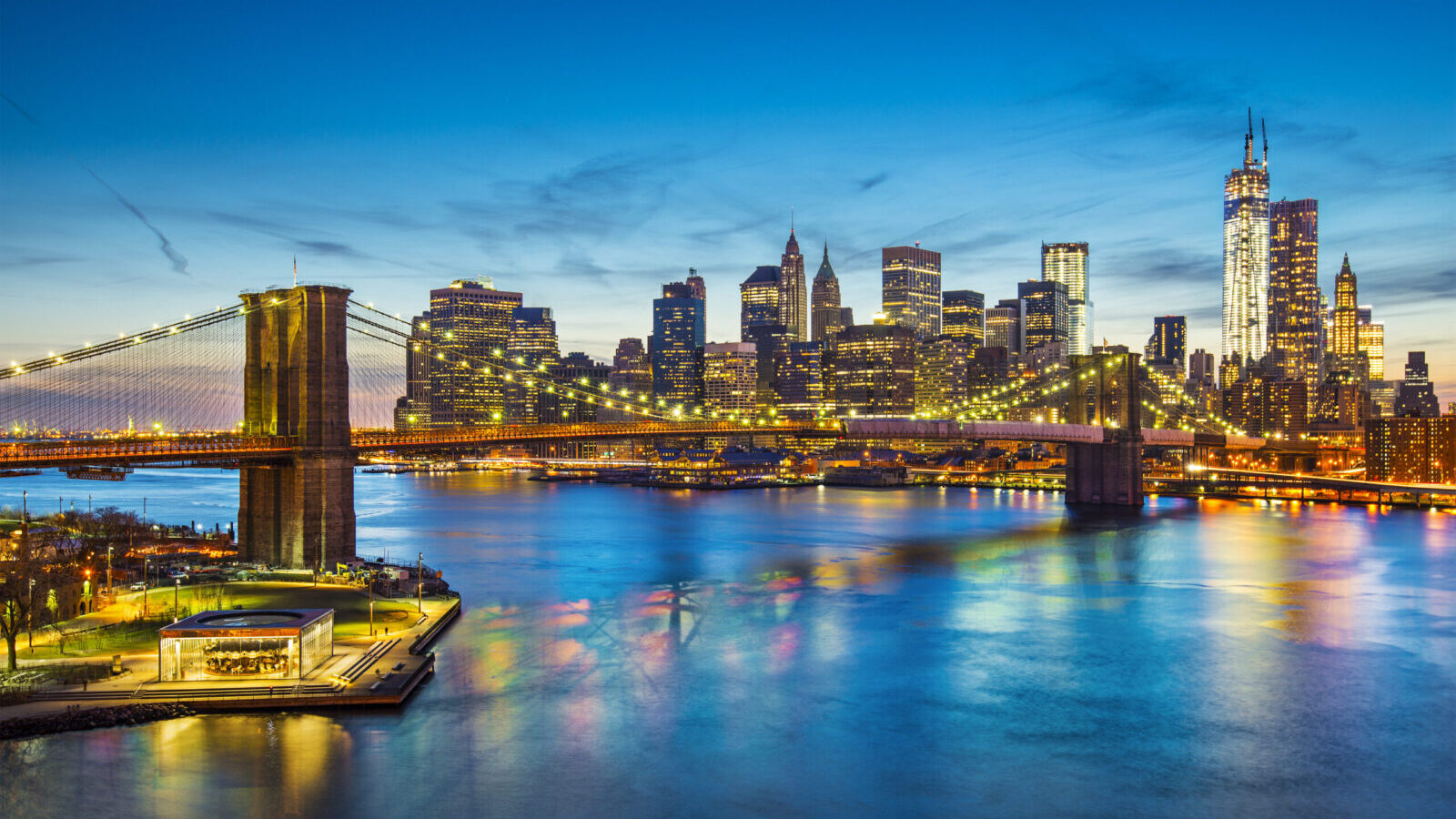
The licensing approval and then the eventual opening of four commercial casinos in 2016 and 2017 in upstate New York was a relative breeze compared to the current second phase of planned casino expansion in the state.
That would be the awarding of three casino licenses in the New York City area — sites that would bring in dramatically larger amounts of tax revenue to the state than their upstate counterparts.
Why has this process proven so much more cumbersome? When will winners finally be chosen? And why does a prominent New York City elected official describe the saga to Casino Reports as “an embarrassing picture of ineptness”?
A complex process
First, look to the 2022 New York State budget, which established a different siting process for the city licenses. Rather than the New York State Gaming Commission having final say as was the case previously, a Gaming Facility Location Board was created to determine the casino sites. (The commission’s only role would be potentially disqualifying applicants for reasons of “fitness and character” of the project’s leadership.)
The GFLB’s five members each were appointed by Gov. Kathy Hochul. But before any bid even reaches the desk of the GFLB members, a Community Advisory Committee for each application first must approve the project after ensuring that all zoning requirements are met.
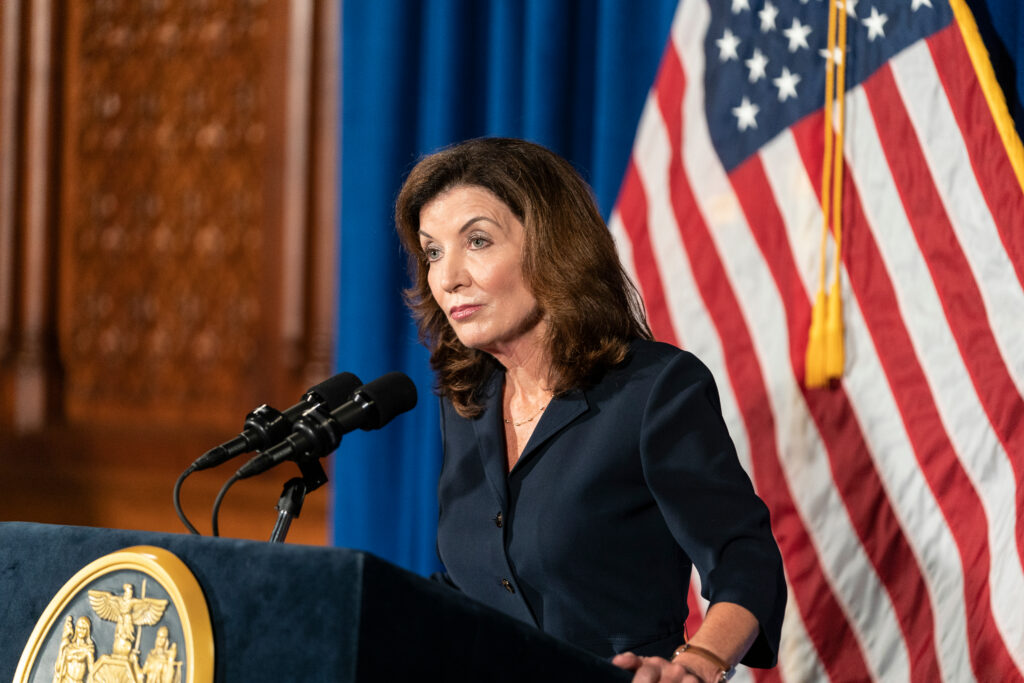
Also, two-thirds of the members of each CAC must approve the application, and failure to pass that hurdle would end a project’s chances — seemingly with no avenue for appeal.
The latter wrinkle is why the timeline is so difficult to project. While those in upstate regions mostly embraced the idea of casinos as major job providers as well as a lure for desired tourist dollars, most of New York City and nearby surrounding counties already are heavily congested. The idea of even more people arriving to clog city or county streets and further crowd public transportation options has left many local elected officials reluctant to endorse a casino proposal in their neighborhoods.
Delay, delay, delay
According to earlier legislation, bid applications initially were to be due by Aug. 31, 2024. A consultant would also be hired by each CAC by the same deadline, and those committees must be established by Oct. 30. The CACs then would vote on any application in their neighborhoods by Feb. 27, 2025.
But later in June, the Gaming Facilities Location Board announced a new scheduling goal. The first half of 2025 would involve a series of Q&A requests of the board and the commission, with applications due on June 27 of next year.
The members of each CAC would be announced shortly afterward — and this may be the life-or-death phase for each project. That’s because at least some of the members chosen either already will have announced their sentiments on the project, or at least will be perceived as a likely supporter or opponent even before voting begins.
The rest of the summer would be spent on at least two public hearings — “raucous” would be a betting-line favorite in some cases, if such odds existed — before CAC voting deadlines of Sept. 30, 2025.
The location board’s updated timeline has approvals being granted by Dec. 1, 2025, and licensure approvals occurring within 30 days after that — maybe.
That’s because the board, contrary to the wishes of some eager lawmakers and even the state gaming commission, continues to set longer-range timelines.
“The Board could allow itself an additional thirty days deliberation to January 31, 2026 upon good cause,” members wrote. “Also under the proposal, the date for action by the Commission would be a moving target, being thirty days following the vote by the Gaming Facility Location Board, or an additional thirty days, upon good cause. This means that the earliest vote could be on January 31, 2026 or as late as March 31, 2026, depending upon the Gaming Facility Location Board and the several possibilities for good-cause extensions.”
Senator left fuming
This has caused state Sen. Joseph Addabbo, Jr. to lash out at what he sees as an “embarrassing” and unnecessarily drawn-out process.
“I mean, it’s going to wind up taking us longer to get approvals than it took to build the Empire State Building, and that was about 80 years ago,” Addabbo said. “Interested parties have had two years already to get a sense of whether they could get the relevant approvals from the relevant people. So why all the delays? There is no valid reason. And I am hearing that there are applicants who are getting very frustrated.”
The revised timetable also came out not long after Gov. Hochul unexpectedly put the brakes on a planned $15 toll hike on most vehicles entering midtown Manhattan — thus blowing a $1 billion annual hole in the Metropolitan Transportation Authority’s budget projections. As it happens, the minimum one-time license fee for bidders for three New York City-area casinos is $500 million for each.
(As for a longer-term solution for the MTA, Addabbo is a strong proponent of legalizing online casino gaming in the state, which in neighboring New Jersey and Pennsylvania is even more lucrative as an annual tax source than the more widely publicized option of sports betting.)
The delays in the timetable mean that the state will not collect those licensing fees nearly as quickly as originally planned.
If casino license contenders Yonkers Raceway and Aqueduct are chosen, their currently operating “racinos” with video lottery terminals could be upgraded with classic table games within a matter of months in 2026.
But the one or more selected bidders who in many cases would have to build from scratch presumably will take several more years to build their massive structures — delaying the collection of much-needed taxes that much more.
A rundown of the NYC casino contenders
Yonkers Raceway
As has been noted, the venerable harness racing facility has had VLTs (video lottery terminals) for many years and there appears to be little, if any, community opposition to the proposed upgrade to a full-fledged casino. Jobs are at a premium both in the Westchester County town of Yonkers and in The Bronx just to the south. The plan also has the backing of Gary Pretlow, the leading member of the Assembly in dealing with gaming expansion issues who happens to represent the district.
Aqueduct
On the surface, this Queens site may seem to have all of the same advantages that Yonkers does — including a powerful ally of its own in Addabbo, who has endorsed the addition of more jobs to the site in his district. But unlike Yonkers, Aqueduct has a nearby rival that may ultimately lead top decision-makers to reach an “either/or” decision.
Metropolitan Park at Citi Field
That rival proposal features the deep pockets of New York Mets owner Steve Cohen, who along with Hard Rock International has laid out an $8 billion plan for a casino just six miles north of Aqueduct. The project also would feature $1 billion in community benefits including new youth athletic fields and renovation of a mass-transit station.
But state Sen. Jessica Ramos, who represents the district that includes the proposed casino site and who is widely rumored to have ambitions of someday becoming mayor of New York City, has flatly rejected Cohen’s plans. Given the importance of community support in the priorities of the board’s mandates, it is unclear if Cohen can find a creative path around the Ramos roadblock if he can’t convince her to change her mind.
Hudson Yards West
The $12 billion casino complex is proposed on the west side of Manhattan, via a partnership of billionaire Miami Dolphins owner Steve Ross’ The Related Companies and Wynn Resorts that would include a 5½-acre public park near The Jacob Javits Convention Center. A residential building with an affordable housing component and office space also is included in the proposal.
But in late July, two key elected officials in the area — New York State Assembly members Tony Simone and Deborah Glick — expressed what sounded like unwavering opposition to the proposal. If that resistance remains, the project would have little to no margin of error left before the area’s Community Advisory Committee.
Caesars Times Square
The planned $4 billion casino tower with Caesars partners SL Green Realty — a giant in city real estate circles — and ubiquitous celebrity Jay-Z has engendered plenty of community opposition as well. In fact, it seems as if the entire powerful Broadway theater community has joined together to seek to torpedo the project as being bad for their business.
Freedom Plaza
This creatively named casino project would be located on Manhattan’s East Side, near the United Nations. The three-block site, which has been dormant for more than a decade, also would include a pair of hotels and a pair of residential buildings — all of them 50 to 60 stories tall — as well as a “Museum of Freedom and Democracy” as a nod to its neighbor the UN building. If all phases were approved and built, the total cost has been estimated at a staggering $18 billion. But like all of the other Manhattan projects, some local residents already have voiced their firm opposition.
Saks Fifth Avenue
This proposed casino would consist of three stories atop the iconic department store, and its sales pitch could prove less problematic. The expected customer, Saks officials say, would be wealthy foreign tourists, not local residents. The casino guests would use a separate entrance and the ambience would be decidedly upscale, including black-tie servers offering guests flutes of champagne as they arrive. The area has less foot traffic in the evening as shoppers depart, so a swanky casino would fill an economic vacuum, according to Saks. And a claim that the casino could start bringing in tax revenue in less than a year could have appeal compared to what would be slower-developing rival sites.
Bally’s
This Bronx site is at the golf course owned until last year by former President Donald Trump, when it was known as Trump Golf Links at Ferry Point. But like Cohen’s project in Queens, the hurdles include not only some community opposition but also needed governmental approval to build a casino at the environmentally sensitive sites designated as “parkland.” Bally’s is touting the project as being the “largest private investment project in borough history.”
The Coney
This $3 billion casino, hotel, and concert venue proposal is the other one of the three Queens locations. It has drawn little media attention, and Coney Island is better known for its family-friendly attractions and the flagship Nathan’s hot dog site than for the sort of out-of-towners that Saks Fifth Avenue, for example, is touting as a potential customer base. It’s also difficult to picture projected annual gaming tax revenue from this site competing with the numerous “big boys” in the running. On the other hand, the area is more similar to the upstate casino sites in the sense that the idea of adding thousands of jobs for local residents could be popular within the community.
Las Vegas Sands at Nassau Coliseum
Cohen, the Mets owner, has wound up with another archrival — this the $6 billion proposal about 15 miles east on Long Island. That’s because in January, a lobbyist for Cohen accidentally sent an email to a Sands executive revealing that the lobbyist planned to be in touch with Hofstra University, located almost next door to the Sands proposed site. University officials have been sharply critical of the casino concept, and the email — while hardly atypical in the hard-nosed world of New York City real estate — was seized upon by Sands officials as a way to paint the Cohen bid as being part of an unseemly collusion against the efforts by Sands.
But the Sands plan got a boost in late July when the Nassau County Legislature Rules Committee approved a 42-year lease for the project and provisions for a state-required environmental review in spite of Hofstra’s opposition.
There also has been some public political support for Staten Island — New York City’s least-populated borough — to get in on the casino competition, but plans have yet to solidify. And Vornado earlier in 2024 torpedoed its previous proposal to bring casino gaming to its Hotel Pennsylvania site on 7th Avenue in Manhattan.
The main mystery, with so many elected officials expressing resistance — especially with the four Manhattan bids — is which ones are locked-in opposition for good, and which ones are merely posturing so they can get a variety of lucrative perks to change their mind?
In this case, even a seasoned poker player likely would have a hard time deducing exactly who is bluffing and who isn’t.


